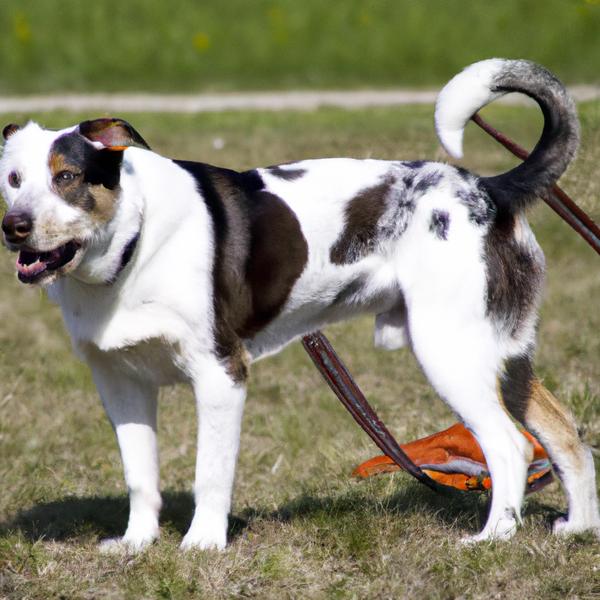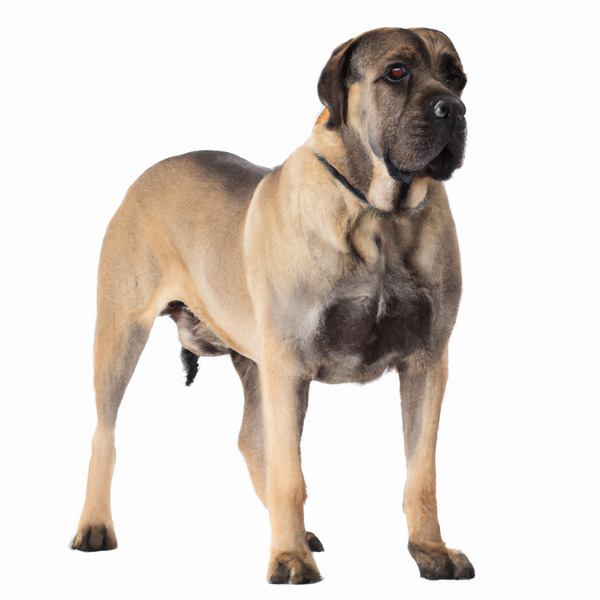Bull-Aussie vs. Mastador: Breed Differences and Similarities
Temperament
What are the personalities of Bull-Aussie and Mastador dogs?
Active
Loving
Protective
Courageous
Intelligent
Friendly
Affectionate
Social
Sweet
Aggressive
Good-natured
Guarding
Hunting
Companionable
Protective
Sensitive
Shy
Fearful
Polite
Shedding Level
Do Bull-Aussies shed more than Mastadors, or which breed sheds more, Bull-Aussies or Mastadors?
Bull-Aussies are moderate shedders, but regular brushing can reduce shedding and maintain coat health.
Mastadors are heavy shedders, but regular brushing can help manage shedding and promote a healthy coat.
Watchdog Ability
Which dog breed makes a better watchdog, the Bull-Aussie or Mastador?
Avoid Bull-Aussies as watchdogs - they're not effective.
Mastadors are decent watchdogs - they'll alert their owner if something seems amiss.
Origin
What is the origin of Bull-Aussie and Mastador dog breeds?
United States
United States
Ancestry
What are the origins of Bull-Aussie and Mastador breeds?
Australian Shepherd, English Bulldog
Mastiff and Labrador Retriever
Breed recognition
Which kennel clubs recognize/register Bull-Aussie and Mastador?
ACHC = American Canine Hybrid Club
DRA = Dog Registry of America, Inc.
Dog Registry of America Inc.
American Canine Hybrid Club
Designer Breed Registry
Designer Dogs Kennel Club
International Designer Canine Registry
Date of Birth
When were Bull-Aussie and Mastador breeds first developed?
Unknown
Eye Color Possibilites
What are the eye colors of Bull-Aussie and Mastador dogs?
Blue
Brown
Hazel
Brown
Nose Color Possibilites
What are the natural nose colors of Bull-Aussie and Mastador?
Black
Black
Brown
Coat Color Possibilites
What are the natural colors of the coat for Bull-Aussie and Mastador breeds?
Brindle
Black
White
Cream
Black
Brown
Fawn
Brindle
Coat Length
What is the typical coat length for Bull-Aussie and Mastador breeds?
The coat of Bull-Aussie and Mastador dogs ranges in length from short to medium.
Coat Density
What is the density of the coat of Bull-Aussie and Mastador?
Coat Texture
What is the hair texture of Bull-Aussie and Mastador?
Straight
Litter Size
What is the usual litter size for Bull-Aussie and Mastador?
A Bull-Aussie can have a litter of 6-9 puppies on average. However, it's worth noting that the size of the litters can vary greatly. Factors that can influence litter size include the health of the mother, breeding history, and genetics.
A Mastador can have a litter of 10-12 puppies on average. However, it's worth noting that the size of the litters can vary greatly. Factors that can influence litter size include the health of the mother, breeding history, and genetics.
Adaptability
Bull-Aussies are highly adaptable and versatile, making them excellent companions for families and individuals of all lifestyles.
Mastadors have average adaptability to changes in lifestyle and living environments compared to other breeds.
Health Issues
Between Bull-Aussie and Mastador, which breed is more prone to health problems?
The Bull-Aussie and Mastador breeds are commonly healthy with low vet costs, regular check-ups may not be as necessary but it's important to keep an eye on their health and have them checked by a veterinarian when needed.
Major Concerns
What are the major health concerns for Bull-Aussie and Mastador breeds?
Entropion
Deafness
Cherry Eye
Hip Dysplasia
Hypothyroidism
Dry Eye
Elbow Dysplasia
Pulmonic Stenosis
Cataracts
Retinal Dysplasia
Canine Hip Dysplasia
Obesity
Gastric Dilation Volvulus (GDV) or Bloat
Minor Concerns
What minor health issues should be kept in mind when owning Bull-Aussie and Mastador?
Cataracts
Retinal Dysplasia
Diabetes
Heart Murmur
Patellar Luxation
Entropion
Ectropion
Osteosarcoma
Hypothyroidism
Exercise Induced Collapse
Exposure Keratopathy Syndrome
Progressive Retinal Atrophy (PRA)
Occasional Tests
What occasional tests are recommended for Bull-Aussie and Mastador breeds?
X-Rays
Eye Examination
Electrocardiogram
Complete Blood Count
Brain Auditory Evoked Response (BAER)
Thyroid Panel
Eye Examination
Biopsy
Skin Evaluation
Radiographs
Blood And Urine Analysis
Energy
How do the energy levels of Bull-Aussies and Mastadors compare?
Bull-Aussies are suitable for those with a balanced lifestyle as they have an average energy level.
Mastadors' high energy levels make them unsuitable for a low-key dog, choose accordingly.
Social Needs
Bull-Aussie vs Mastador social needs comparison
Bull-Aussie has above average social needs and thrives with interaction with humans and other dogs.
Mastador has average social needs and is less independent than other breeds.
Exercise Needed
Bull-Aussie vs Mastador exercise need comparison.
Bull-Aussies need moderate physical activity and are great for families and active individuals.
Mastadors require significant physical activity and suit those with an active lifestyle.
Sleeping Need
Which of the two sleeps the most/least: Bull-Aussie or Mastador?
Bull-Aussies have moderate energy levels and typical sleep patterns of 12-14 hours per day.
Mastadors sleep less than other breeds but still need adequate sleep for good health.
Tendency to Bark
Do Bull-Aussies or Mastadors bark more/less frequently?
Bull-Aussies are typically quiet and only bark when needed, such as to alert their owner or when in distress.
Mastador dogs are generally less vocal than other breeds and only bark when necessary, such as to alert their owner or communicate.
Mouthiness
Mouthiness Comparison: Bull-Aussie vs Mastador?
Roaming urge
Bull-Aussie vs Labrador: Running away tendency?
Prey Drive
Bull-Aussie or Mastador - which breed has a higher level of prey drive?
Past times
What are some enjoyable activities and ways to keep Bull-Aussie and Mastador entertained?
Fetch, Rape, Murder, Burglary, Hunting, Swimming, Running, Walking, Playing fetch
Walking, Shopping, Dog Parks, Cuddling, Walk, Hiking, Run, Play, Tug-of-war, Cuddles, Fetch, Eating Snacks, Swim, Walks, Beach, Outdoor, Rough, Aggressive play, Playing in pool, Hide & Seek, Playing
Activity Level
Which breed has higher energy, Bull-Aussies or Mastadors?
Both Bull-Aussie and Mastador are medium-energy dogs that enjoy socializing and playing with other dogs. They may engage in casual or sustained games of chase, and occasionally have bursts of barking or racing around the house.
Tolerance of being left alone
Walks per Week
How many miles should Bull-Aussie or Mastador walk each week?
Bull-Aussie and Mastador generally need a minimum of 9 miles of walking per week, but it can be increased as long as they are comfortable with it.
Activity per Day
Do Bull-Aussies or Mastadors require more exercise?
In general most Bull-Aussies usually need at least 45 minutes of exercise daily. This can be spread across the day and include all sorts of high-energy activities, like walking, running and playing.
In general most Mastadors usually need at least 60 minutes of exercise daily. This can be spread across the day and include all sorts of high-energy activities, like walking, running and playing.
Grooming
Which breed is easier to maintain in terms of grooming, Bull-Aussies or Mastadors?
The Bull-Aussie requires an average amount of grooming compared to other breeds.
Mastadors require significant grooming, including regular trims and professional grooming assistance to maintain their coat. They may also require frequent bathing to keep their coat and skin healthy.
Brushing Frequency
What is the recommended brushing frequency for Bull-Aussie and Mastador dogs?
Bull-Aussie and Mastador should be brushed at least once a week. Of course, you can give them more frequent brushes if you find that they are still shedding a lot.
Brushing Tools
What brushing tools are used for Bull-Aussies and Mastadors?
Slicker Brush
Comb
Nail Clipper
Slicker Brush
Deshedder
Nail Clipper
Cups
How much food should be given to Bull-Aussie or Mastador in cups?
For an average 50-70 pound (23 - 32 kg) Bull-Aussie feed 3 cups daily. But, keep in mind, the amount you feed is going to be dependent on the quality of the food you are feeding.
For an average 105-160 pound (48 - 73 kg) Mastador feed 3.5 cups daily. But, keep in mind, the amount you feed is going to be dependent on the quality of the food you are feeding.
Daily Cost
Which breed has a higher daily cost, Bull-Aussie or Mastador?
The average cost of a Bull-Aussie is somewhere $2.10 - $2.70 per day.
The average cost of a Mastador is somewhere $3.90 - $4.20 per day.
Monthly Cost
Which breed has a higher monthly cost, Bull-Aussie or Mastador?
The average per month expenses of a Bull-Aussie is between $55 - $73. This makes an average of $660 - $876 per year. It will be on the higher side when the dog is still small because it will need more frequent visits to the vet, shots.
The average per month expenses of a Mastador is between $112 - $126. This makes an average of $1344 - $1512 per year. It will be on the higher side when the dog is still small because it will need more frequent visits to the vet, shots.
Intelligence
Comparing Intelligence: Bull-Aussies vs Mastadors
Bull-Aussie has below average obedience intelligence, but they excel in understanding human emotions.
Mastador is a very intelligent and trainable breed.
Sensitivity Level
How do Bull-Aussie and Mastador compare in sensitivity?
This breed is sensitive to its environment and best suited for patient and understanding families with a consistent routine.
This breed is sensitive and requires gentle handling and a calm home environment.
Affection Dependance
Which is the more affectionate dog breed: Bull-Aussie vs Mastador?
Apartment Friendly
Which breed is more apartment-friendly: Bull-Aussie or Mastador?
The Bull-Aussie is a great apartment dog, thriving with sufficient exercise and time outside as part of their daily routine.
The Mastador is not suitable for apartments and requires a large yard to thrive. Pent-up energy in small spaces can lead to destructive behavior.
Child Friendly
Do Bull-Aussies or Mastadors have a friendlier temperament towards children?
The typical characteristics of Bull-Aussie and Mastador indicate that this breed of dog is an ideal companion for kids and makes them family pets. Their gentle and protective nature and calm mentality make them gel along quickly with the younger humans.
Senior-friendly
Which dog is more suitable as a pet for the elderly - Bull-Aussie or Mastador?
Cat Friendly
Do Bull-Aussie or Mastador breeds have a better compatibility with cats?
Bull-Aussies are good with cats, but early training is needed to prevent chasing behavior.
Mastadors are not cat friendly.
Dog Friendly
Which breed is more sociable with other dogs: Bull-Aussie or Mastador?
Bull-Aussies are friendly and active companions, and can be good family pets, though their friendliness towards other dogs may vary.
Mastadors are average in their friendliness towards other dogs, and socialization can help.
Pet friendly
How do Bull-Aussie or Mastador dogs interact with other pets?
Stranger Friendly
Which breed is more friendly with strangers: Bull-Aussie or Mastador?
Bull-Aussies are friendly but may bark at strangers, and training is easy due to their intelligence.
Mastadors are quick to announce strangers and can be standoffish or suspicious.
Playfulness
Which breed is more playful between Bull-Aussie and Mastador?
Bull-Aussies have an average level of playfulness, enjoying playtime like most dogs but not excessively so.
Mastadors are a playful breed that needs daily playtime to be happy.
Trainability
How do the trainability levels of Bull-Aussies and Mastadors compare?
Bull-Aussies are popular for their ease of training and quick learning ability.
Mastadors are usually easy to train but require consistency to fully obey commands.
Compare Bull-Aussie with other breeds
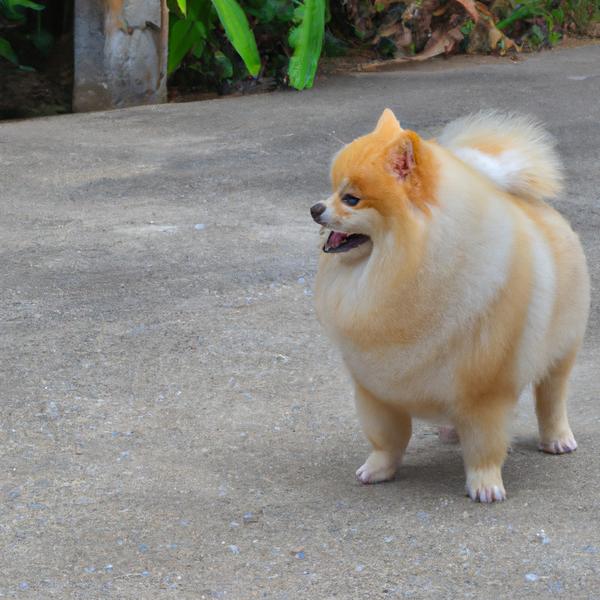
Pomston
Bull-Aussie vs Pomston
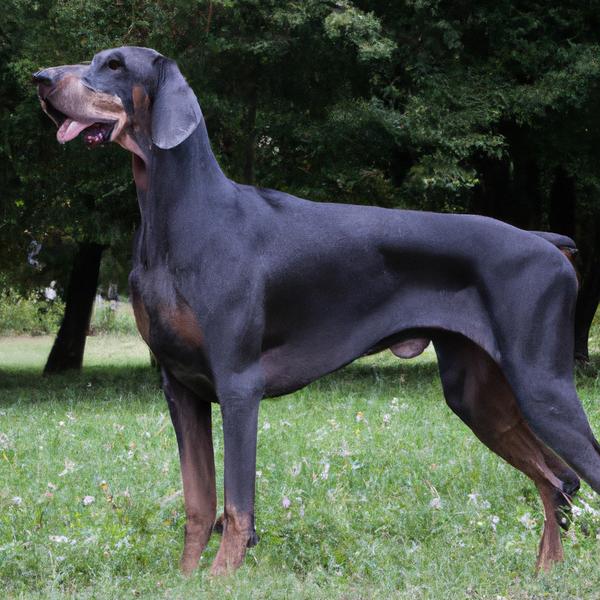
Doberghan
Bull-Aussie vs Doberghan
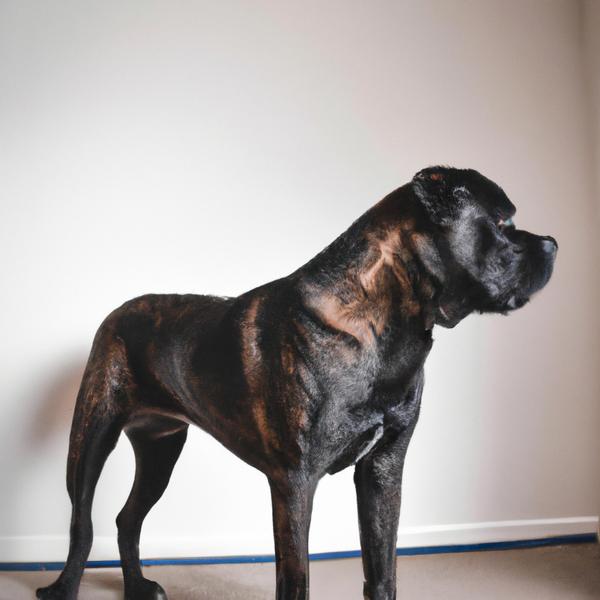
King Cavrin
Bull-Aussie vs King Cavrin
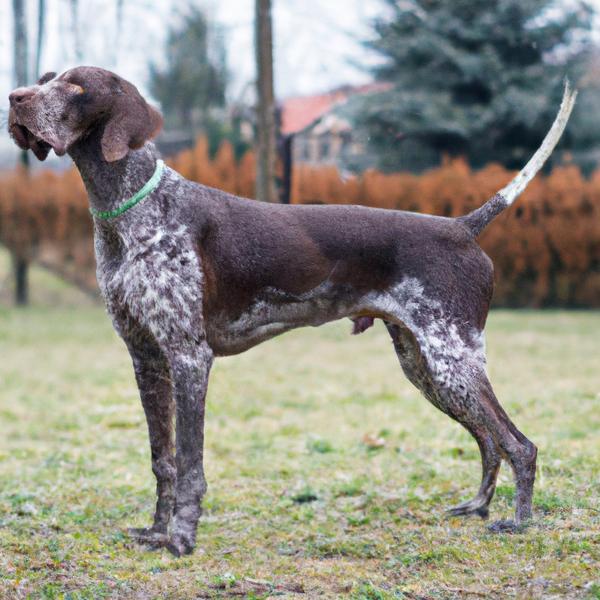
German Pointeraner
Bull-Aussie vs German Pointeraner
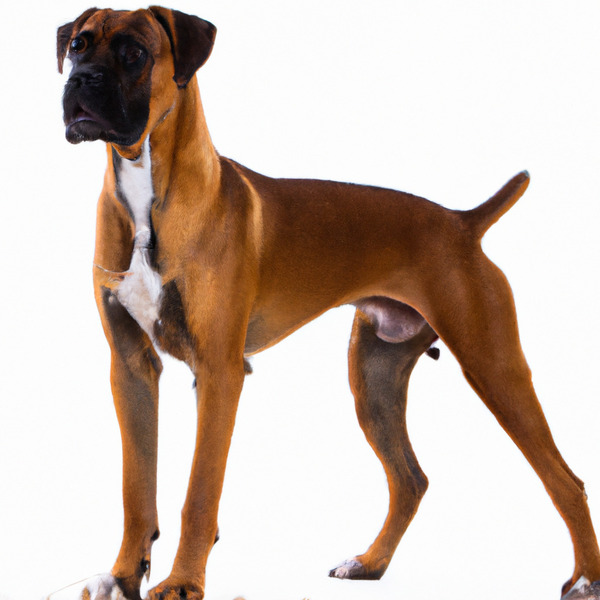
Boxmatian
Bull-Aussie vs Boxmatian
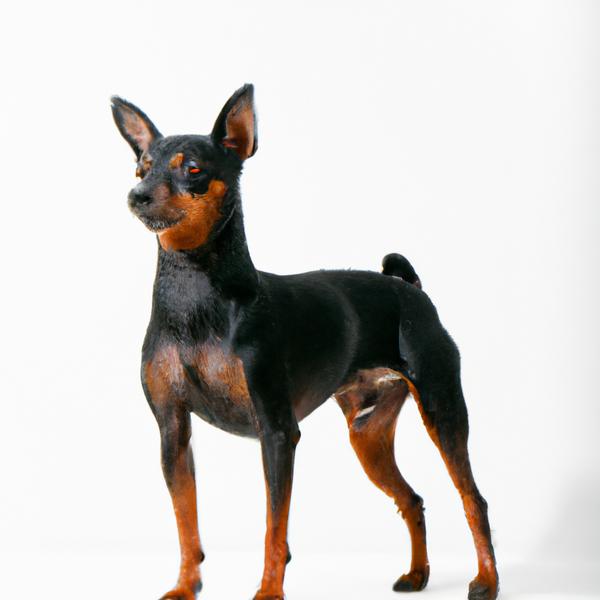
American Rat Pinscher
Bull-Aussie vs American Rat Pinscher
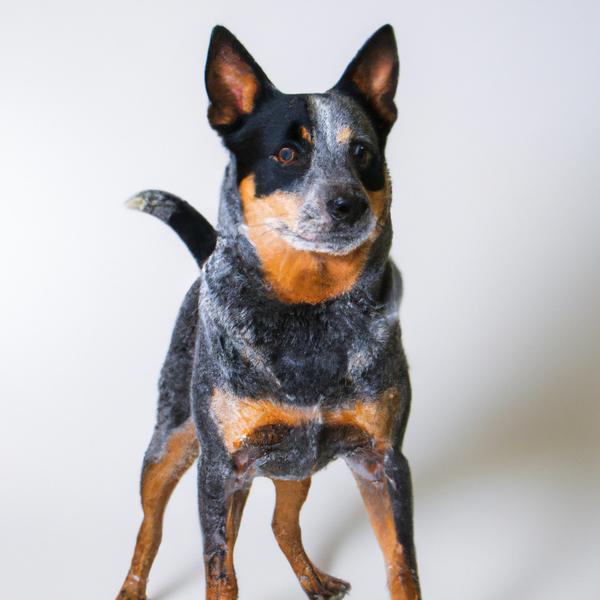
Box Heeler
Bull-Aussie vs Box Heeler
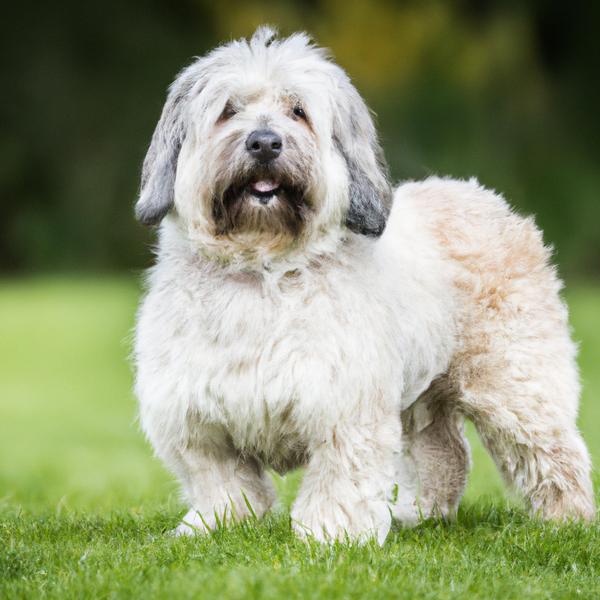
Wel-Chon
Bull-Aussie vs Wel-Chon
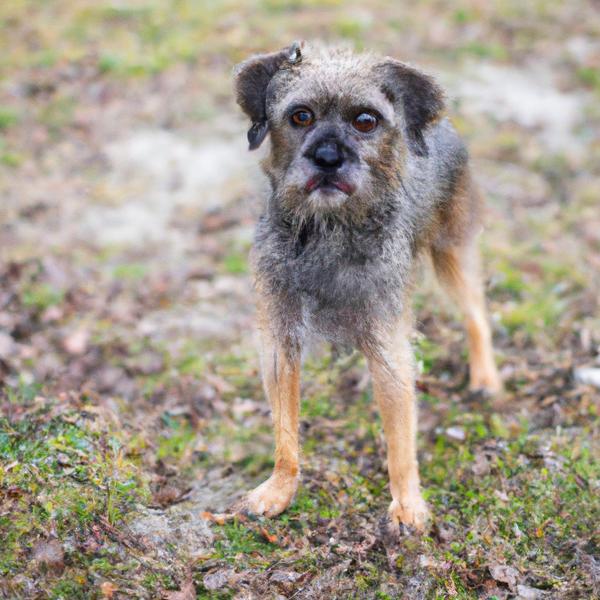
Broodle Griffon
Bull-Aussie vs Broodle Griffon
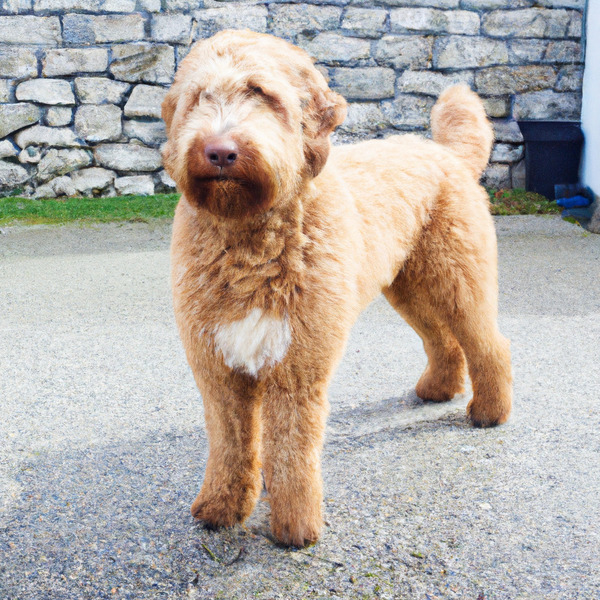
Irish Doodle
Bull-Aussie vs Irish Doodle
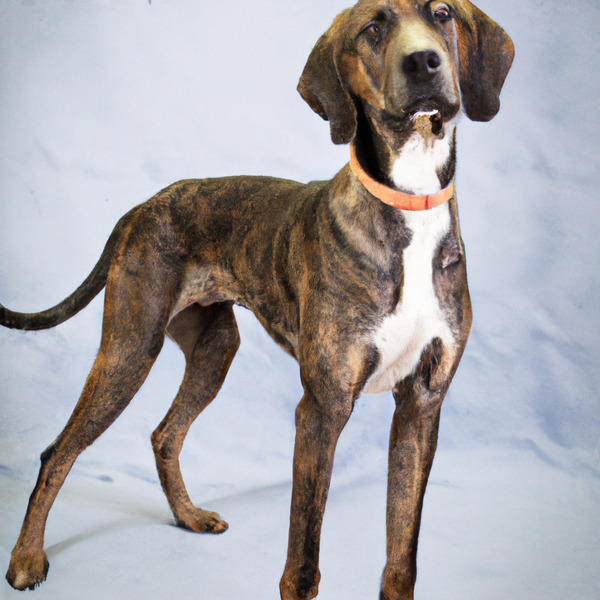
Plott Hound
Bull-Aussie vs Plott Hound
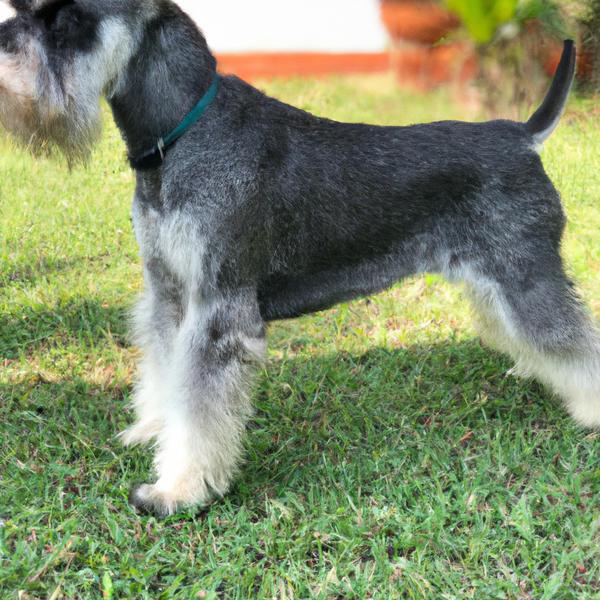
Standard Schnauzer
Bull-Aussie vs Standard Schnauzer
